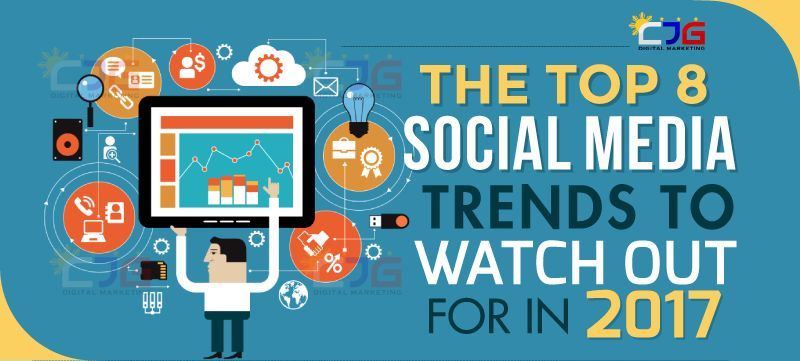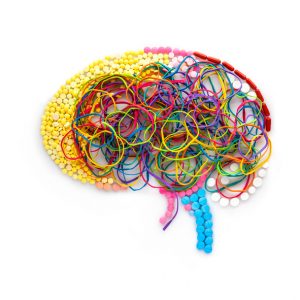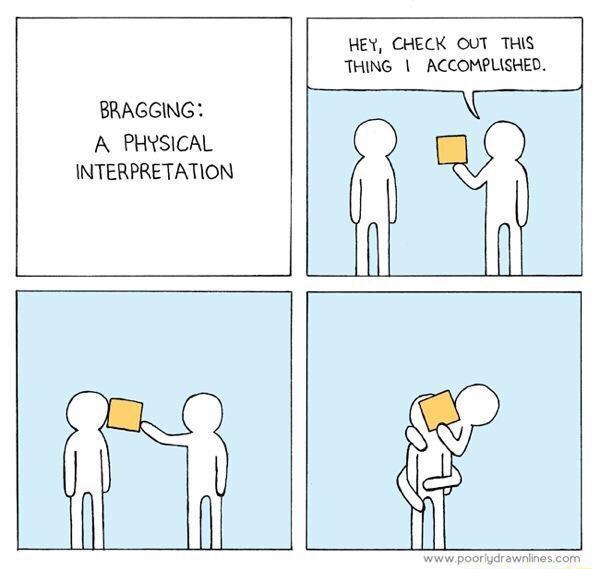
Knowing yourself has extraordinary prestige in our culture. It has been framed as quite literally the meaning of life. Self-knowledge is important for one central reason: because it offers us a route to greater happiness and fulfilment.
A lack of self-knowledge leaves you open to accident and mistaken ambitions. Armed with the right sort of self-knowledge, we have a greater chance of avoiding errors in our dealings with others and in the formulation of our life choices.

 Social media has come to dominate the marketing landscape: 83% of marketers say they’ve used online platforms to boost the perception of their organisations. Here are
Social media has come to dominate the marketing landscape: 83% of marketers say they’ve used online platforms to boost the perception of their organisations. Here are 



 Emotion can be very powerful when trying to reach an audience, and it can be boosted by linking it with the way memory affects human behaviour. It’s not easy to be effective with the ever-increasing mobile audience, but emotion (building trust) can contribute to a more meaningful relationship between a brand and a consumer. Read more about the
Emotion can be very powerful when trying to reach an audience, and it can be boosted by linking it with the way memory affects human behaviour. It’s not easy to be effective with the ever-increasing mobile audience, but emotion (building trust) can contribute to a more meaningful relationship between a brand and a consumer. Read more about the 
